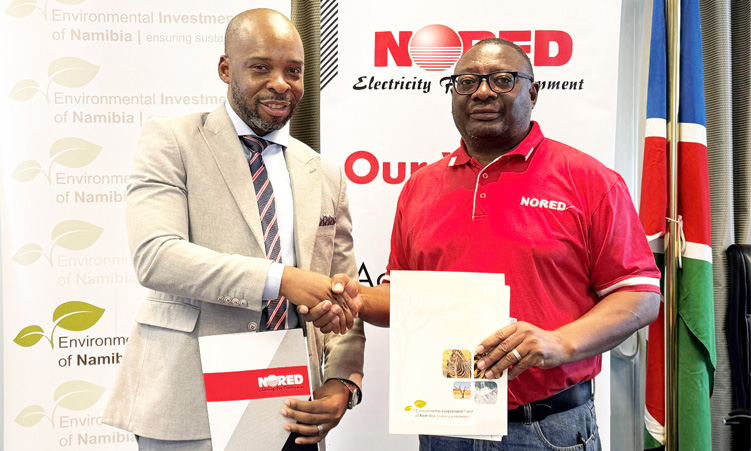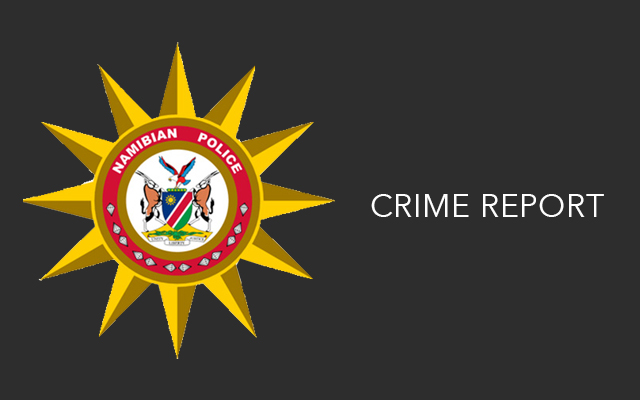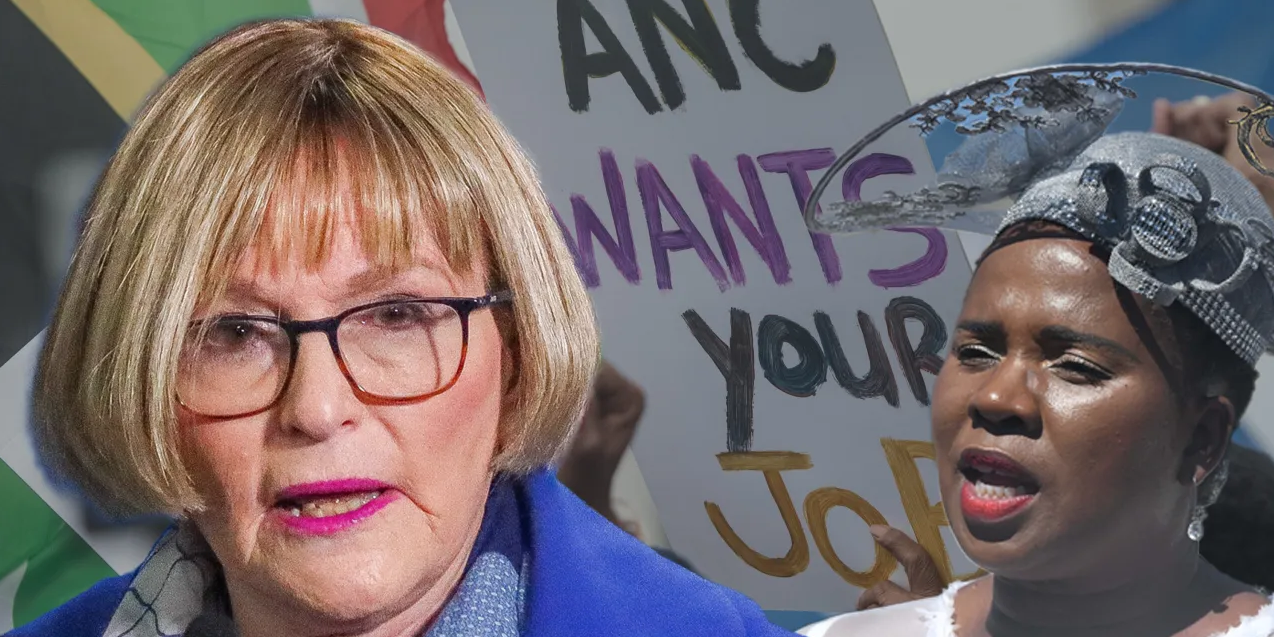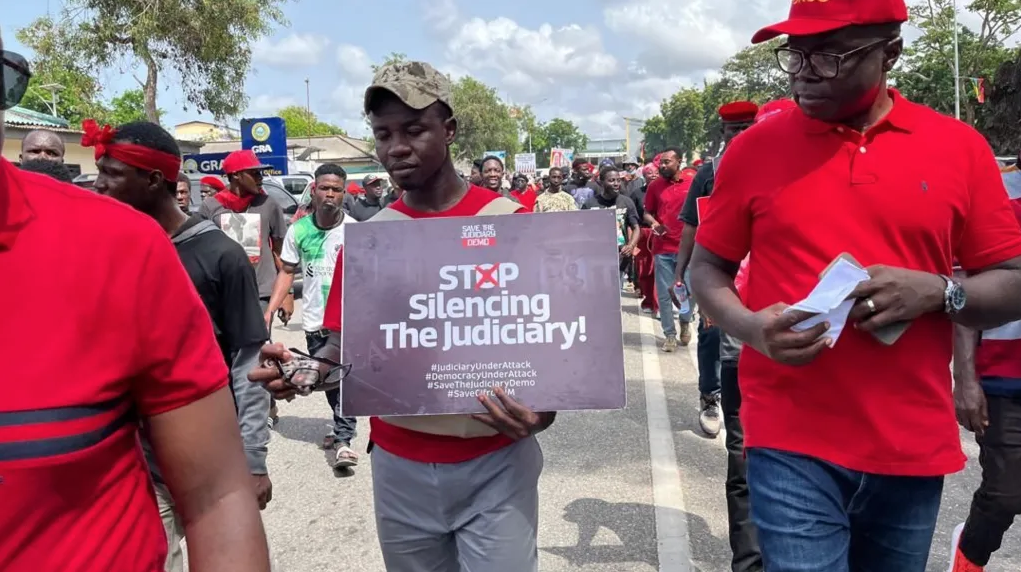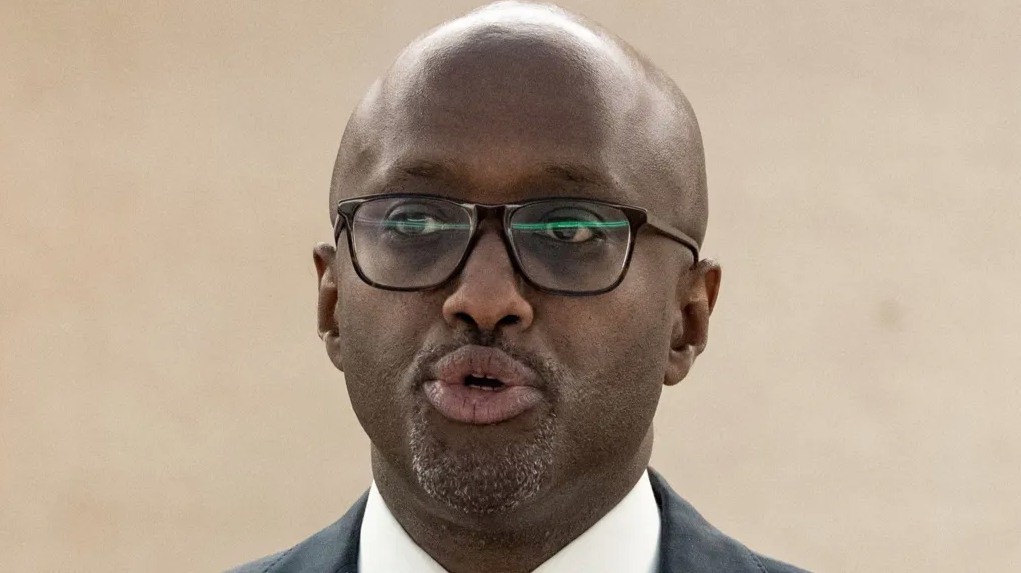Marginalised communities in the Otjozondjupa, Kunene and Erongo regions will soon get access to renewable energy.
This is through a project, which has received funding of N$12 million from the European Union and the Ministry of Mines and Energy.
The ministry recently signed an agreement on inclusivity with the Environmental Investment Fund (EIF) of Namibia and the Northern Regional Electricity Distributor (Nored).
The project is called ‘Towards an Inclusive Design of the Renewable Energy Transition’ and is supported by the German ministry of economic cooperation and development and the European Union Global Climate Change Alliance Plus initiative.
The initiative falls under the environment ministry’s ‘Climate Change and Inclusive Use of Natural Resources Project’, which is carried out by German development agency GIZ.
The partners say the project is meant to make electricity accessible to marginalised communities and peri-urban areas.
“It is designed to ensure that the transition to renewable energy is inclusive, equitable, and beneficial to all Namibians, especially those in underserved regions,” a statement says.
The project seeks to increase the availability of inexpensive solar and renewable energy technology in the three regions.
EIF chief executive Benedict Libanda says the collaboration demonstrates dedication to guaranteeing that every Namibian has access to safe, reasonably priced and dependable energy.
He says by working closely with Nored and other key stakeholders they are not only electrifying communities, but also empowering local businesses and building the technical capacity needed for a sustainable future.
“The agreement involves the development of a 300kW mini solar grid, which will include a distribution network to provide energy to 164 households and approximately 500 individuals,” he says.
The chief executive says construction is scheduled to begin in October and is expected to be completed within six months.
Upon completion, Nored will take ownership of the solar plant and implement a social tariff to generate revenue for ongoing maintenance beyond the project’s funding.
Nored acting chief executive Toivo Shovaleka says the company is expecting a new lease of life for the local community of Puros after about 164 new connections.
Shovaleka says the project will empower vulnerable communities by reducing their energy costs and reliance on non-renewable sources, while also contributing to Namibia’s broader climate goals.
“The initiative will also help micro, small and medium enterprises in these regions to thrive by providing them with the energy resources needed to sustain and grow their businesses,” he says.
Stay informed with The Namibian – your source for credible journalism. Get in-depth reporting and opinions for
only N$85 a month. Invest in journalism, invest in democracy –
Subscribe Now!




